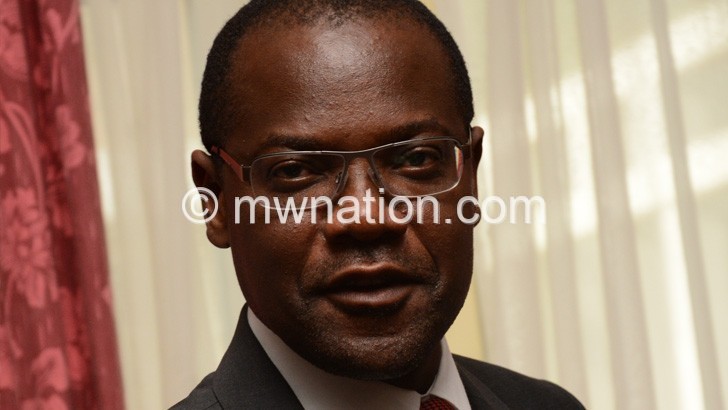Regional group censures Malawi on NGO Bill
Malawi has come under fire from a regional human rights defenders’ group for “waging war on the civil society”, saying the newly gazetted Non-Governmental Organisations Bill threatens to shrink their space.
The group said the changes would also create a toxic environment which could render the May 21 2019 Tripartite Elections not credible, free and fair.
The proposed amendments to the NGO Act seek to repeal legal functions of the Council for NGOs in Malawi (Congoma) and upgrade the NGO Board into a sole regulatory authority with the power to fine and deregister non-compliant organisations.

Minister of Justice and Constitutional Affairs Samuel Tembenu said the law reform, which prescribes fines of up to K15 million for non-compliant NGOs, would make NGOs accountable to Malawians.
However, human rights defenders in the country and the rest of the Southern Africa Development Community (Sadc) are dismayed that government has secretly drafted the repressive regulations without consulting them.
The eight-page Bill going to Parliament this month was one of the sticky points at the Southern Africa Human Rights Defenders summit in Johannesburg, South Africa, where activists from the 15-country regional bloc decried increasing State-sponsored moves to stifle their operations.
In an interview, Southern Africa Human Defenders Network chairperson Arnold Tsuga described as “a lame excuse” Tembenu’s stance, saying civil society organisations (CSOs) do not need State intervention because they already abide by several layers of strict accountability measures which prescribe sanctions for non-compliance.
He said the timing of the Bill brings into doubt the governing party’s willingness to cede power if President Peter Mutharika is defeated in next year’s polls.
Tsuga, a lawyer who leads the International Commission of Jurists (ICJ) on the continent, described the NGO Bill as one of the continent’s widely adopted repressive laws to muzzle critical voices and spy on human rights defenders.
The deletion of all mentions of Congoma in the proposed NGO Act effectively scrapes off a self-regulation regime in which CSOs preferred to answerable to the council.
Instead, government wants to turn the NGO Board, which the CSOs shun in preference for Congoma, into a regulatory authority with unlimited powers to punish organisations and trustees deemed defiant. It gives power to the minister to appoint 10 members to the authority’s board, a step Tsuga said would compromise its independence.
In April, some NGOs obtained an injunction against the enforcement of a 2 000 percent of the annual fees NGOs pay to the board widely seen as a government’s tool to silence critical watchdogs.
Tembenu said government consulted some organisations before drafting the Bill.
But the civil society perceives the amendments as a State-sponsored crack down on human rights defenders who relentlessly speak against government excesses, especially rampant corruption, secrecy and impunity.
Recently, some NGOs snubbed government’s last-gasp calls for dialogue and staged mass demonstrations to demand an end to impunity and high-level corruption. n





